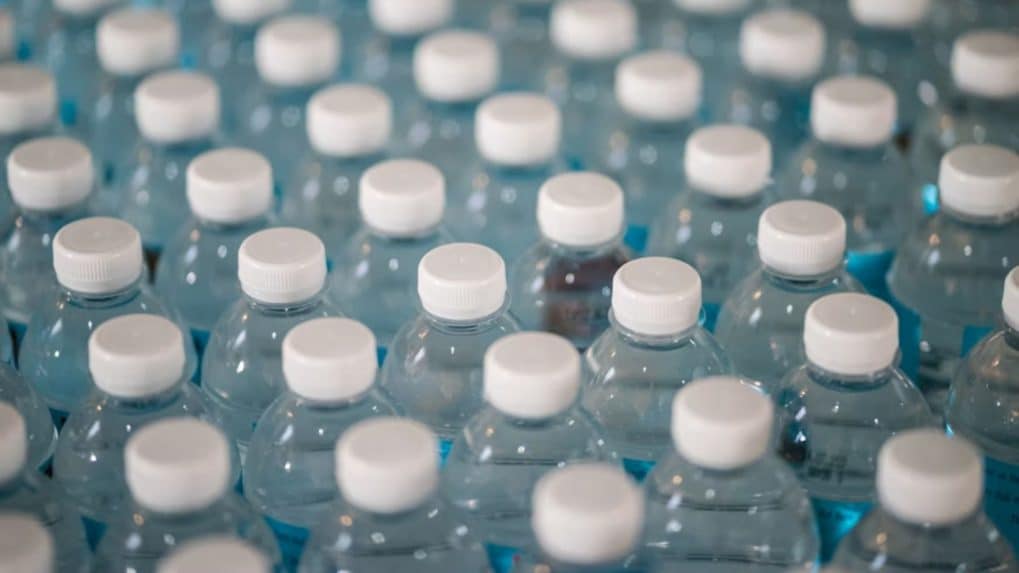Delhi HC pulls up restaurants for levying service charge on inflated MRP rates
The Bench questioned the logic behind imposing an additional service charge when restaurants were already charging many times the MRP for basic items.
ADVERTISEMENT
The Delhi High Court on Friday came down heavily on restaurant associations for levying service charge on top of inflated prices of pre-packaged goods, such as water bottles, sold well above the Maximum Retail Price (MRP), as per media reports.
A Division Bench of Chief Justice Devendra Kumar Upadhyaya and Justice Tushar Rao Gedela were hearing an appeal filed by the National Restaurant Association of India (NRAI) and the Federation of Hotels and Restaurant Associations of India (FHRAI).
Also Read: Delhi HC hears Parle Agro vs PepsiCo in India’s ‘Fizz’ trademark battle
The associations had challenged an earlier ruling that declared the levy of service charge, over and above the bill amount, as illegal.
The Bench questioned the logic behind imposing an additional service charge when restaurants were already charging many times the MRP for basic items. "When you are charging Rs 100 for a Rs 20 water bottle, why should the customer also pay a service charge? And why are you not disclosing in your menu that the extra Rs 80 is specifically for ambience? You are charging more than the MRP for the experience of dining in your establishment. And then you're also levying a service charge for the same service rendered. Providing an ambience for a certain kind of experience should already cover that - this we don't understand," the Bench reportedly stated.
The judges further observed that such practices could not continue unchecked. "This can't be like this. Providing ambience forms part of the service. Can you charge any extra amount over and above the MRP? And then again collect a service charge - what is that extra for?" the Court asked.
The Court also sough clarity on how restaurants could levy GST on service charge and directed the standing counsel for the GST department to be present in the next hearing on September 22.
Also Read: EXCLUSIVE: Delhi HC grants first-ever Dynamic Injunction to protect GEC content
In March, a single-judge bench of Justice Prathiba M Singh had upheld the CCPA’s 2022 guidelines prohibiting hotels and restaurants from automatically adding service charge to food bills. She had also imposed costs of Rs 1 lakh on the restaurant associations for challenging the guidelines.
The CCPA’s directives aim to curb unfair trade practices and safeguard consumer rights. The guidelines clearly state that:
- Service charge should not be added automatically or by default.
- No collection shall be done under any other name.
- Consumers cannot be forced to pay the service charge; it must be voluntary.
- No restrictions on entry or services can be based on refusal to pay service charge.
- Service charge cannot be included in the bill along with GST on the total amount.
NRAI, however, has argued that no law expressly prohibits restaurants from levying service charge and that no legislative changes have been made to render it illegal.
Also Read: Delhi HC blocks Sci-Hub, Sci-Net websites over copyright infringement

